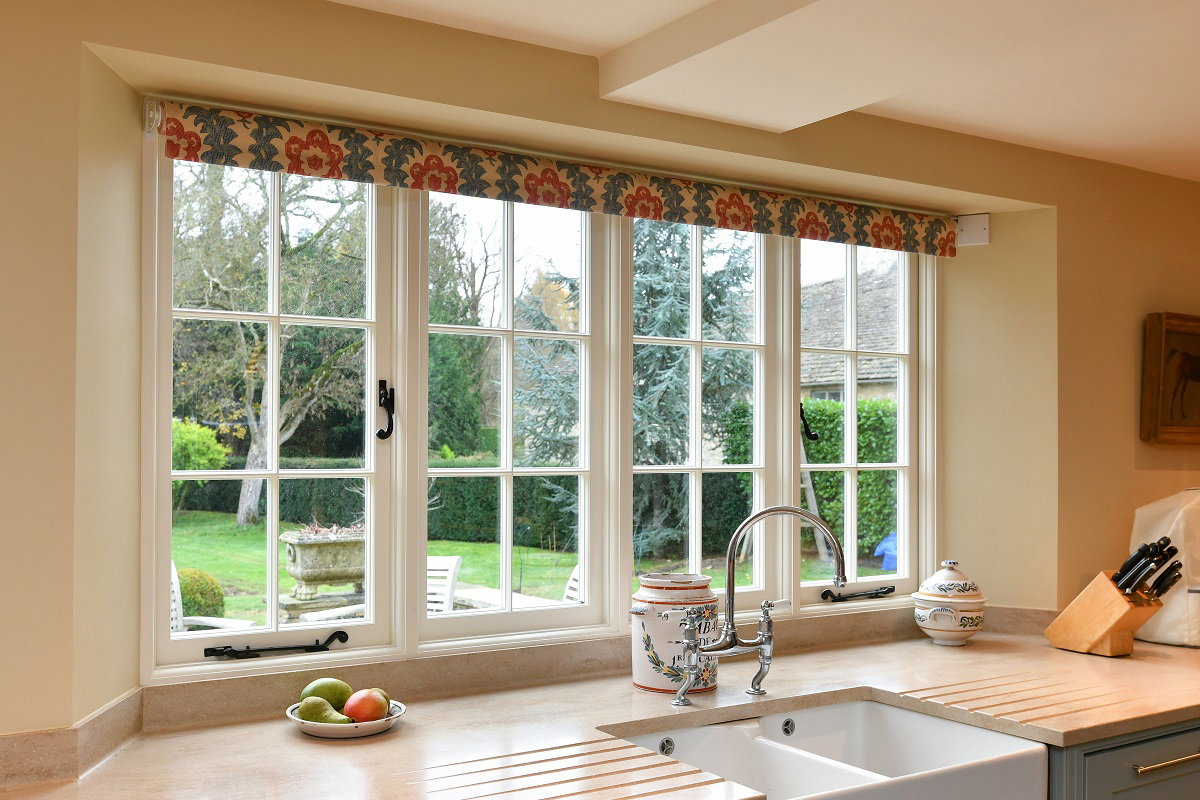Fitting replacement windows is not an open and shut case
They look great to you, but council inspectors can take a different view, writes Sue Hayward

DIY is big business. Inspired by TV property shows, we're spending time and money doing up our homes. But DIY enthusiasts looking to replace windows and doors need to watch out, because without building control approval they could run into problems when they sell up, or even face prosecution and a 2,000 fine.
Sheetal Bahal, head of residential property at the law firm Clarkson, Wright & Jakes, says around one in 20 sellers come unstuck when their property goes on the market and they discover they don't have the necessary paperwork for new windows or doors.
Replacements must comply with the building regulations for England and Wales, being properly fitted and with the correct type of glass used. There are two ways to do this: have the work done by a Fensa-registered installer, or pay your local authority's building control department to inspect and approve the work.
Despite the rules having been in place for more than five years, Phil Hammond from the umbrella group Local Authority Building Control (LABC) says there is still widespread confusion among DIY enthusiasts: "Homeowners often know they're supposed to do something but they aren't sure what."
And there is limited help available when you buy windows to put in yourself; the Glass and Glazing Federation, the trade association for the double glazing industry, says that while it would expect anyone selling windows for DIY installation to offer advice to customers, ultimately it's the homeowner's responsibility to sort out any approval required.
If you're doing the job yourself, contact your local authority's building control department before you start. You'll need to submit a "building notice" and, if you're creating new window openings, perhaps apply for planning permission too. LABC will come out to inspect once the job's done and hopefully sign it off with a compliance certificate. You can also apply for approval retrospectively, for example if you're about to sell the property, in which case you'll need a "regularisation" certificate.
But how much you'll pay for that all important paperwork is, according to Mr Hammond, a postcode lottery, with fees more than doubling across the country depending on your local authority. And the way the charges are calculated varies too. For example, Hertsmere Borough Council in Hertfordshire charges a flat fee of 81.78 for a regularisation certificate. Once this has been paid, it can carry out an inspection and issue an approval certificate within 48 hours.
But if you live in Cheltenham or Nottingham, and are having work done at a cost of 2,000 to 5,000, you'll be charged 224.
Other local authorities work out their fees based on the number of replacement windows in the home.
Ms Bahal says there is an alternative quick-fix solution for homeowners: "Take out indemnity insurance this costs around 95 and pays out if the local authority takes action further down the line." The insurance policy can give peace of mind to a prospective buyer and, she says, is often something a mortgage lender will want in place. But, she adds, if you've already contacted your local authority with a view to getting retrospective building control approval, then you can't take out indemnity insurance: "It's one or the other; you can't do both."
Adrian Cole at Bexley Council in south-east London warns that while authorities can't usually take enforcement action more than a year down the line, "if work carried out is deemed to [result in] a dangerous structure, the authority can insist on it being taken down regardless of any time that's elapsed." He says the Government is looking to extend the existing time limit on enforcement from one to two years.
In some cases, even fitting double glazing may require planning permission, and although this isn't usually the case with modern houses, it is worth checking before you start work. Other common types of home improvement that may need planning permission include loft conversions, conservatories and porches; contact your local authority's planning department before going ahead.
Read more on windows prices
Join our commenting forum
Join thought-provoking conversations, follow other Independent readers and see their replies
Comments
Bookmark popover
Removed from bookmarks